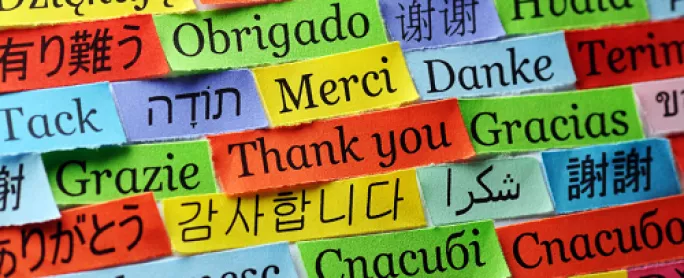Ministers are calling on exam boards to re-consider their decision to axe a series of GCSEs and A-levels covering “non-traditional” languages.
The AQA board has said it will scrap A-levels in Bengali, Modern Hebrew, Panjabi and Polish. OCR is to stop offering the A-level in Biblical Hebrew, and both GCSEs and A-levels in Dutch, Gujarati, Persian, Portuguese and Turkish.
The boards say they have to make the cuts, due by 2017, because of low or declining entry levels and a shortage of the experienced examiners needed to set and mark papers.
This evening the Department for Education denied suggestions that its exam reform programme was to blame and called on the exam boards to think again.
A spokesperson said: “Our reforms do not stop exam boards developing robust language qualifications in any language they choose as long as they are high-quality, demanding and academically rigorous.
“It is down to exam boards to decide which languages they want to offer as reformed A levels. But we will be raising concerns about non-traditional languages with the boards and asking them to reconsider their decisions.”
An AQA spokesperson said: “We completely understand and respect the importance of these languages, and we still intend to offer all of them at GCSE.
“With language A-levels changing to include speaking and listening as well as reading and writing, it’ll be extremely difficult to recruit enough examiners to cope with double the amount of assessment in these subjects. In addition, the small number of students choosing to study these subjects at A-level makes it very hard to set appropriate grade boundaries.”
An OCR spokesperson said its decision was based on low demand for the qualifications in question, as well as “a shortage of experienced examiners to set questions and mark papers”.
As a not-for-profit organisation, the board has “to make difficult decisions in order to reach as many teachers and learners as possible,” the spokesperson added.
Related stories:
Schools prevent pupils studying languages, report finds March 18 2015
GCSE results: Spanish to become ‘dominant’ language in schools August 21 2014




